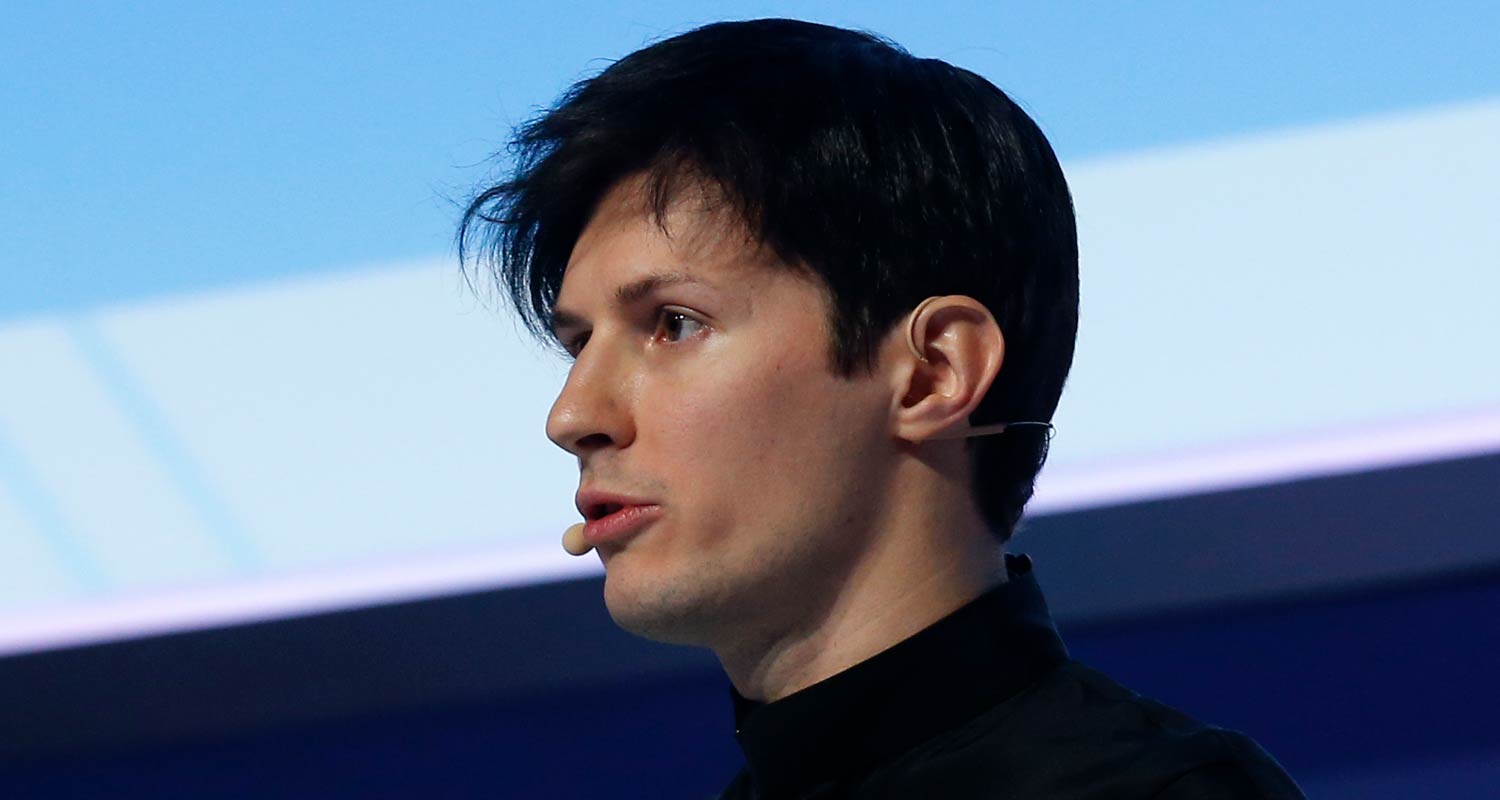 Pavel Durov, the Russian-French billionaire founder and CEO of the Telegram messaging app, was arrested at Bourget airport outside Paris on Saturday evening, TF1 TV and BFM TV said, citing unidentified sources.
Pavel Durov, the Russian-French billionaire founder and CEO of the Telegram messaging app, was arrested at Bourget airport outside Paris on Saturday evening, TF1 TV and BFM TV said, citing unidentified sources.
Durov was travelling aboard his private jet, TF1 said on its website, adding he had been targeted by an arrest warrant in France as part of a preliminary police investigation.
TF1 and BFM both said the investigation was focused on a lack of moderators on Telegram, and that police considered that this situation allowed criminal activity to go on undeterred on the messaging app.
Durov faces possible indictment on Sunday, according to French media.
The encrypted Telegram, with close to a billion users, is particularly influential in Russia, Ukraine and the republics of the former Soviet Union. It is ranked as one of the major social media platforms after Facebook, YouTube, WhatsApp, Instagram, TikTok and WeChat.
Telegram did not immediately respond to a request for comment. The French interior ministry and police had no comment.
Russian-born Durov founded Telegram with his brother in 2013. He left Russia in 2014 after refusing to comply with government demands to shut down opposition communities on his VKontakte social media platform, which he sold.
‘Rather be free’
“I would rather be free than to take orders from anyone,” Durov told US journalist Tucker Carlson in April about his exit from Russia and search for a home for his company which included stints in Berlin, London, Singapore and San Francisco.
After Russia launched its invasion of Ukraine in 2022, Telegram has become the main source of unfiltered — and sometimes graphic and misleading — content from both sides about the war and the politics surrounding the conflict.
The platform has become what some analysts call “a virtual battlefield” for the war, used heavily by Ukraine’s President Volodymyr Zelenskiy and his officials, as well as the Russian government.
Read: Telegram in the dark as to why fines in Russia were dropped
Telegram — which allows users to evade official scrutiny — has also become one of the few places where Russians can access independent news about the war after the Kremlin increased curbs on independent media following its invasion of Ukraine.
The Russian foreign ministry said its embassy in Paris was clarifying the situation around Durov and called on Western non-governmental organisations to demand his release.

Russia began blocking Telegram in 2018 after the app refused to comply with a court order to grant state security services access to its users’ encrypted messages. The action interrupted many third-party services but had little effect on the availability of Telegram there. The ban order, however, sparked mass protests in Moscow and criticism from NGOs.
TF1 said Dubai-based Durov had been travelling from Azerbaijan and was arrested at around 8pm SAST.
Durov, whose fortune was estimated by Forbes at US$15.5-billion, said some governments had sought to pressure him but the app should remain a “neutral platform” and not a “player in geopolitics”.
Telegram’s increasing popularity, however, has prompted scrutiny from several countries in Europe, including France, on security and data breach concerns.
POV: It’s 2030 in Europe and you’re being executed for liking a meme https://t.co/OkZ6YS3u2P
— Elon Musk (@elonmusk) August 24, 2024
Russia’s representative to international organisations in Vienna, Mikhail Ulyanov, and several other Russian politicians were quick on Sunday to accuse France of acting as a dictatorship — the same criticism that Moscow faced when putting demands on Durov in 2014 and trying to ban Telegram in 2018.
“Some naive persons still don’t understand that if they play more or less visible role in international information space it is not safe for them to visit countries which move towards much more totalitarian societies,” Ulyanov wrote on X.
Elon Musk, billionaire owner of X, the social media platform formerly known as Twitter, said after reports of Durov’s detention: “It’s 2030 in Europe and you’re being executed for liking a meme.” — Ingrid Melander, Gilles Guillaume, Lidia Kelly and Camille Raynaud, (c) 2024 Reuters




